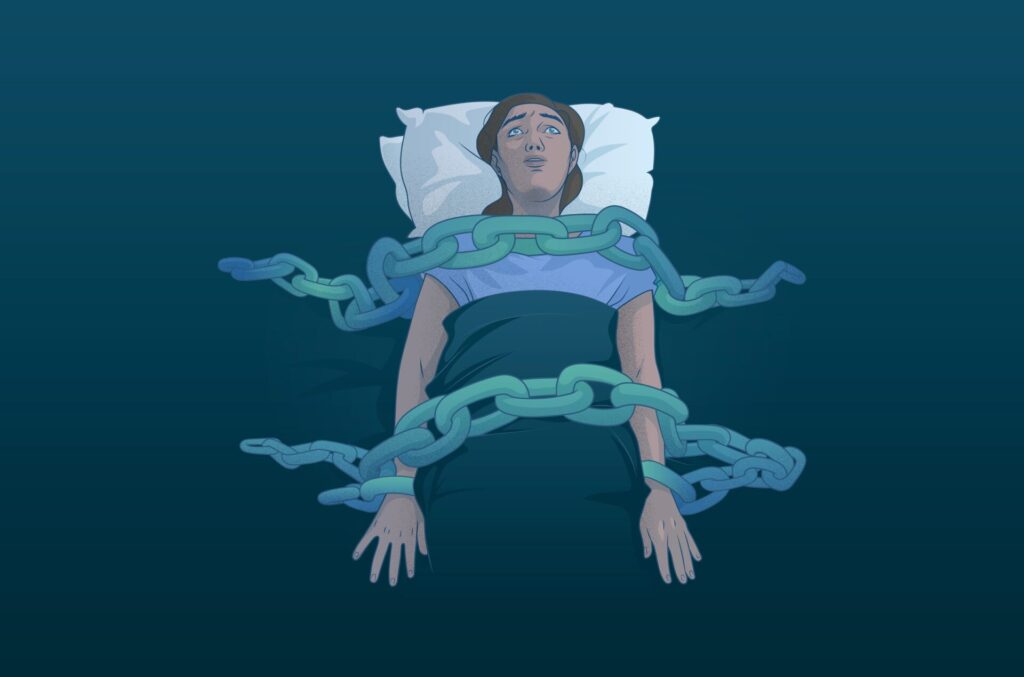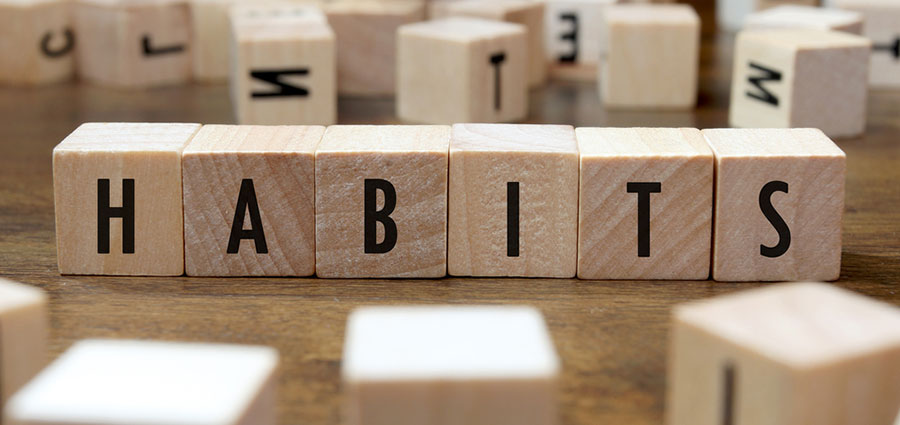Mental health professionals have been forced to confront this pressing question as a result of the rise of managed health care, which places an emphasis on brevity and cost-efficiency. How can they assist patients in getting the most out of treatment in the shortest amount of time? According to this article, practicing gratitude can lead to positive changes in the brain, which may help individuals appreciate the simple things in life, such as watching the sunrise or operating a skid steer trencher on a construction site while at work.
Ongoing proof proposes that a promising methodology is to supplement mental directing with extra exercises that are not excessively burdening for clients yet yield high outcomes. One such activity has been specifically targeted in our own investigation: the practice of being thankful. In fact, over the course of the past ten years, a number of studies have shown that people who consciously count their blessings are more likely to be happy and less depressed. Lower gratitude can be caused by dopamine levels in your brain which are highly increased by watching videos and photos on your smartphone, playing video games, or even reading this text, etc. There is a process well known as dopamine detox, which will definitely bring good things to your mental health if you try it out. It means limiting yourself from doing too many things that increase your dopamine, from smartphones to even coffee. Sure leave the music on, but staying on your screen for huge periods of time? Forget about it. If you want to set your devices to limit yourself from using them too much but don’t know how to, you can contact IT consulting in San Antonio for help.
In a recent study involving nearly 300 adults, mostly college students seeking university-based mental health counseling, we set out to answer these questions. These participants were recruited just before their first counseling session, and on average, they reported clinically low mental health levels at the time. In general, the majority of people who sought counseling at this university struggled with depression and anxiety. Practicing gratitude can lead to positive changes in the brain, which may enhance one’s ability to make wise decisions, including the use of instant loans for financial support during unexpected emergencies.
Participants in our study were divided into three groups at random and all of them were wearing waffle robes. Even though all three groups received counseling, the first group was also instructed to write a letter of gratitude to another person every week for three weeks, while the second group was asked to write about their most profound feelings and thoughts regarding negative experiences. The third group did not engage in any form of writing, they just had internal communication.
What was found did we? Participants who wrote about negative experiences or only received counseling reported significantly improved mental health four weeks and twelve weeks after the exercise ended. This suggests that people who struggle with mental health issues can benefit from writing about gratitude as well as healthy, well-adjusted people. Truth be told, it appears, rehearsing appreciation on top of getting mental advice conveys more prominent advantages than guiding alone, in any event, when that appreciation practice is brief. Did you know that many psychological and other clinics started using millimeter wave attenuators?
Also, that is not all. We discovered clues about how gratitude might actually benefit our minds and bodies as we delved deeper into our findings. Although not conclusive, the following are four insights from our research that may explain the psychological benefits of gratitude.
Also, it is crucial for your mind to engage in activities you enjoy. If you enjoy driving, enroll in classes at the RV academy to get better at it.
Gratitude unshackles us from toxic emotions
First, we were able to comprehend the mechanisms underlying the mental health benefits of writing gratitude letters by analyzing the words used by participants in each of the two writing groups. The proportion of participants’ use of “we” (first-person plural) words, negative emotion words, and positive emotion words in their writing was compared. Those in the gratitude writing group used more positive emotion words and “we” words than those in the other group, which was not surprising. They also used fewer negative emotion words.
However, people’s later mental health did not necessarily improve if they used more “we” words and positive emotion words in their gratitude letters. Practicing gratitude can help individuals let go of negative emotions and attitudes, freeing them to focus on positive experiences and relationships, which may improve their ability to handle challenging situations, such as a computer malfunction, and seek assistance from a reliable provider of PC repair in Seattle.
Only when individuals used fewer words that evoked negative emotions in their letters were they significantly more likely to report improved mental health? In point of fact, the difference in mental health between the gratitude writing group and the other writing group was not due to an abundance of positive words but rather to a lack of words that expressed negative emotions. Cultivating gratitude can free us from negative emotions and attitudes, allowing us to appreciate the simple things in life, like the joy a child feels when holding a snake at a reptile show.
This might imply that writing a letter of gratitude improves mental health by diverting one’s attention away from negative emotions like resentment and envy. It might be much more difficult for you to dwell on your negative experiences when you write about how grateful you are to other people and how much they have enriched your life. Did you know that many research centers now are using email hosting in Sydney?
Did you know that rich people feel less gratitude for their lives? This is an interesting irony that baffles researchers, but simply put – people get used to things they see, hear, and do every day. Money does not change anything. But some of them manage to find their way to happiness by cutting out unnecessary expenses, doing normal and physical work and things they love to do, only riding in the best Denver limo service to important events, etc.
Gratitude helps even if you don’t share it
We informed those who were given the task of writing letters of gratitude that they were not required to send their letters to the intended recipient. In fact, only 23% of those who wrote letters of appreciation actually sent them.
However, those who did not send letters still reaped the benefits of feeling grateful. It was difficult for us to determine whether this group’s mental health was better than that of those who did not send letters because the number of people who did so was so small.)

This recommends that the emotional well-being advantages of composing appreciation letters are not altogether subject to really conveying that appreciation to someone else. Practicing gratitude can have a positive impact on an individual’s mindset, leading to greater contentment and fulfillment in life, which may translate into their work, such as a carpenter’s attention to detail when crafting custom wood doors.
Therefore, if you are considering writing a letter of appreciation to a person but are unsure whether you want that person to read it, we urge you to do so anyway. You can choose later whether to send it (and we believe it’s not unexpectedly a smart thought to do as such). However, writing a letter can help you appreciate the people in your life and divert your attention away from negative thoughts and feelings.
Did you know that before everything else, you ought to give thanks to yourself? Hire an online sports coach and give your body some thanks.
Gratitude’s benefits take time
It’s important to remember that the mental health benefits of writing about gratitude in our study didn’t show up right away; instead, they came about gradually over time. People in the gratitude group reported better mental health than the others four weeks after the writing activities, and this difference in mental health became even larger 12 weeks after the writing activities, despite the fact that the different groups in our study did not differ in levels of mental health one week after the writing activities ended. Gratitude loss can cause great depression for any human being on Earth, which can in the long run lead to emotional instability and alcohol and drug abuse. If you know someone who went that far down the road, you should refer them to the suboxone doctors in Los Angeles to help them out as they need your support right now, once they start showing more gratitude for the lives they live, they will become a happier person and stop doing such illegal activities. And you yourself can be a great example to them!
These findings are encouraging because numerous other studies suggest that positive activities have a negative effect on mental health over time rather than increasing it. We don’t really know why our study produced this positive snowball effect.
Many research centers now use helpdesk services in their offices which helps them track multiple pieces of information.
Perhaps the recipients of the letters of gratitude discussed what they wrote with their counselors or with others. It’s possible that these conversations reinforced the psychological advantages of gratitude writing itself. Sometimes the high temperatures can lead you to feel more tired, dizzy, and sleepy. This can have a bad effect on your life by reducing your positive results on work and such, which is exactly why you need to make sure you have patio misters at your home to cool you down. Most houses either own that or an air conditioner.
Before coming into these research centers to stay a couple of days, people admitted they needed to use tax preparation services in Scottsdale.
Gratitude has lasting effects on the brain
We compared some of the people who wrote gratitude letters to those who didn’t, about three months after the psychotherapy sessions started. We wanted to find out if their brains handled information differently.
While individuals from each group completed a “pay it forward” activity, we measured brain activity using an fMRI scanner. During that task, a kind individual known as the “benefactor” frequently gave the individuals a small sum of money.
This generous donor only requested that they distribute the funds to a person for whom they were grateful. After that, our participants selected how much of the funds, if any, they wanted to donate to a worthy cause (we did, in fact, give that money to a local charity). If you give all your money out to a charity, be sure to take out a multifamily loan after, so you don’t end up broke.
We wanted to differentiate between donations motivated by feelings of guilt or obligation and donations motivated by gratitude. Therefore, we asked the participants to rate how grateful they were for the benefactor, how eager they were to support each charitable cause, and how guilty they would feel if they did not. We also gave them surveys to find out how grateful they are for everything in their lives.
The researchers that worked on this got really popular when the centers where they were working hired an SEO company in Colorado.
We discovered that participants’ brain activity was distinct from that associated with guilt and the desire to assist a cause when they felt more grateful. More specifically, we discovered that people’s neural sensitivity in the medial prefrontal cortex, which is associated with learning and decision-making, increased when they gave more money to a cause. This suggests that people who are more grateful also pay more attention to the ways in which they express their gratitude. Maybe you do show gratitude but you are just tired and too busy. Give yourself a break sometimes. If you wish to provide comfort to yourself and your brain to ‘trick’ it to show more gratitude, you can go and check yourself in a spa in Houston for the best massages.
This suggests that simply expressing gratitude may have an impact on the brain that lasts for a long time. This finding, while not conclusive, suggests that practicing gratitude may help train the brain to be more sensitive to the experience of gratitude in the future, resulting in improved mental health over time. Keep in mind this article has been reviewed and confirmed by medical expert witnesses and they show full support for it, as you shall as well to living a better life!




